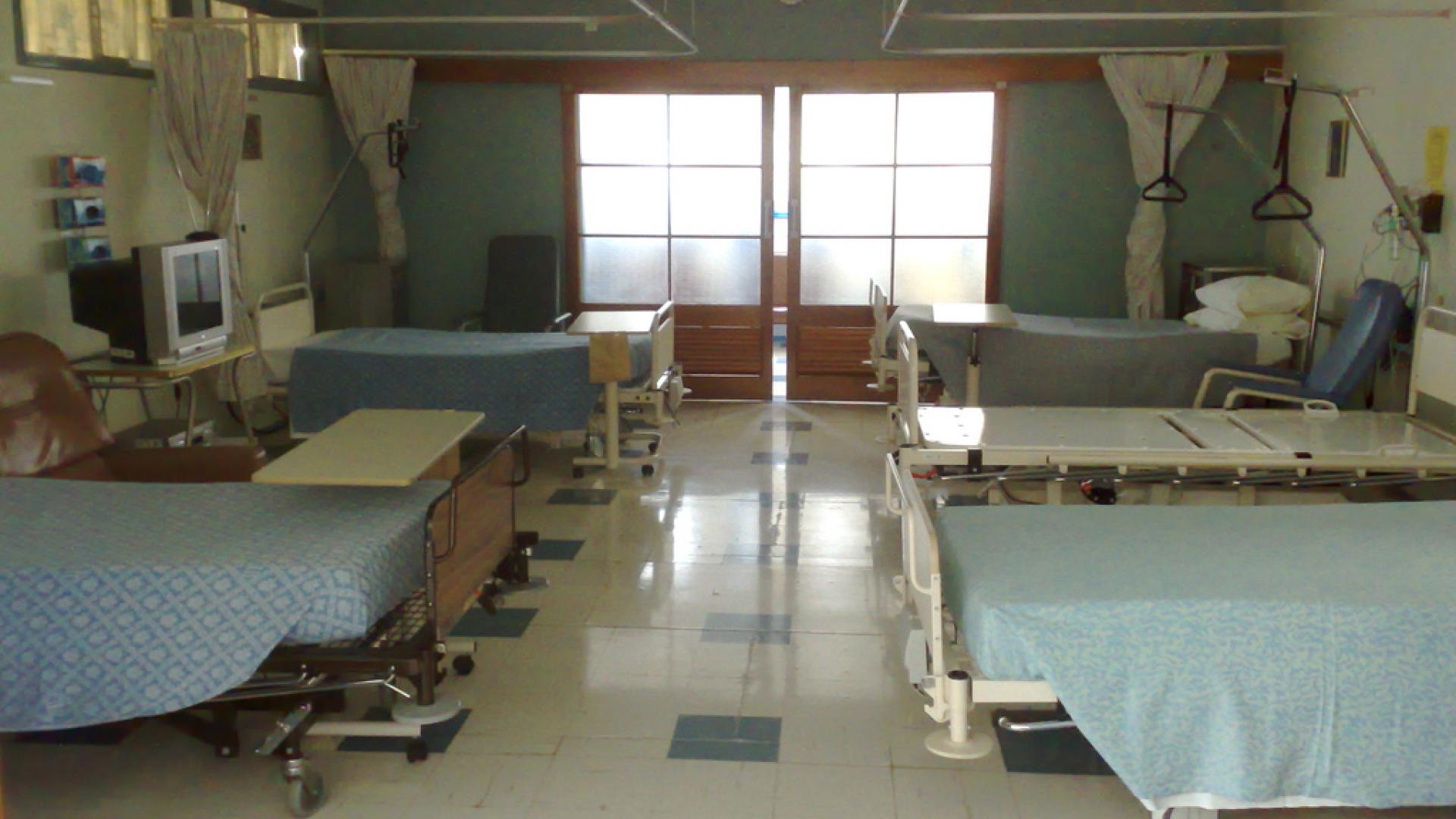From ‘mere lobbyists’ to protagonists for change; the role of charities in a modern NHS
The pressure on the NHS is growing. As our population ages, the demands we place on the system will increase. For example, people with long term conditions (LTC) currently account for 70% of the NHS’ health and social care costs and the number of people with LTCs is set to increase by 252% by 2050.
To elucidate that abstract number; the three million people who have been diagnosed with diabetes will have become seven and a half million. As Sir John Oldham, the former Department of Health clinical lead for efficiency and productivity, summarised in 2011: "If we continue to manage people with long term conditions as we do now, the NHS is not sustainable".
In amongst this, the NHS is going through the most comprehensive reorganisation since its creation. With the abolition of PCT Trusts and the formal introduction of GP Commissioning (it has been around informally for decades), uncertainty still exists as to whether this new system will be effective.
The question for the voluntary sector is how to respond to these challenges. In a piece for the Guardian on Friday, Simon Gillespie, Chief Executive of the British Heart Foundation, argued that the NHS is “not ready to listen to charities on the role they can play in improving health and social care.” He states that evidence of best practice to improve services “is sometimes being readily discounted in many areas of the NHS as ‘mere lobbying’.”
Why this is, Gillespie does not explicitly say, but our parliamentary research suggests there is an increasing tension over a perceived conflict of interest in charities receiving money from the state and simultaneously campaigning to change legislation.
Whatever the reasons, these comments are depressing. Charities have, in certain areas and settings, been delivering critical NHS services for years and have frontline expertise that can improve patient care in the long term. Parkinson’s UK have done some fantastic work in demonstrating the value that their nurses bring, not only in improving the quality of care patients receive, but also in demonstrating cost-savings to commissioners.
Communication between charities and key players within the NHS does not seem to be facilitating the integration of high quality and innovative health and social care services delivered by charities. With this in mind, we will be asking GPs, nurses and commissioners from Clinical Commissioning Groups (CCGs) how charities can make sure they are part of discussions to improve the NHS in our annual research with healthcare professionals.
We will be looking at what charities need to do make sure their services are being commissioned and how they can form effective, long-term relationships with CCGs. We will also be working with the charities taking part in the research to measure the level of awareness healthcare professionals have of their brands, as well as the services they provide. Fieldwork starts at the beginning of May.
If you would like to contribute to this discussion, be part of the dialogue or be involved in the research, please get in touch via email.
Have you NI found some common ground? Or does this piece need a shot in the arm? Leave us a comment below.

